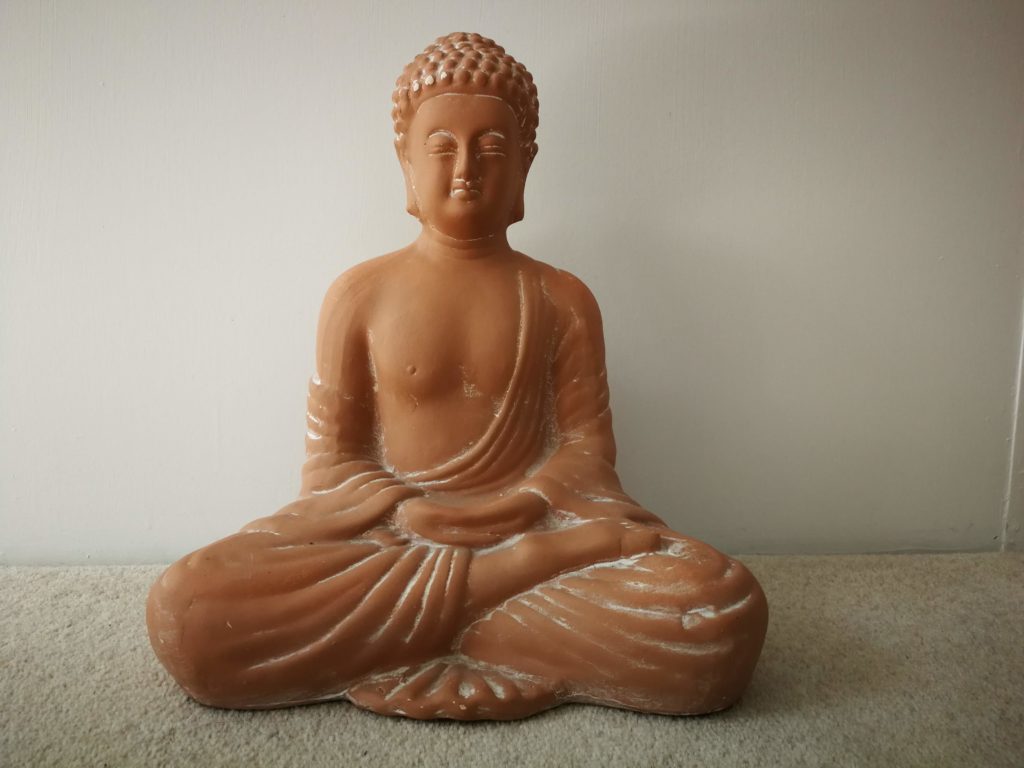
Simple Routines to beat anxiety during the coronavirus pandemic
If you can…change it.
If you can’t…change the way you feel about it. (Eckart Tolle)
The Coronavirus pandemic is unprecedented and if you are feeling uneasy, frustrated, anxious or can’t see how you will manage, you are not alone. In crisis times the unconscious brain reverts to fight or flight and we can find ourselves more anxious and on edge.
So how can we cope in these uncertain times? The answer is that there is power in simplicity! Practicing simple daily routines and self-care will signal to your unconscious mind that everything is ok. If you have more serious concerns (such as financial difficulties or domestic violence) deal with these first – seek support and advice from a charity (e.g. National debt line, Shelter) or a local Citizen’s Advice Bureau. There is also general advice on the nhs and government websites.
Below are my top tips for staying sane during the crisis. They may seem common sense, but it’s the simplest things that have the most profound impact on our mental and physical health, and its often these basic things that get forgotten when our brain goes into crisis mode. The government has suggested that the social distancing is not going to go away anytime soon so get started with your new normal today!
ESTABLISH A NEW NORMAL
This can be a new routine or a new pace. It’s all about adjusting your expectations…of yourself and others. Recognise that this time is challenging and it’s ok to feel a mix of emotions.
We are creatures of habit and with social distancing many of our usual routines just disappeared overnight. Some have had to increase their hours or work in more pressured environments, while others may not be able to work and are having to manage financial worries. Even those who are working from home, may still have to adapt to sharing space in the home with family members or have to fit in extra tasks like home schooling young children or supporting relatives who are shielding.
Whatever your situation set yourself a new routine and Include mealtimes, exercise, worthwhile tasks (work, home projects, volunteering), social connection and a bedtime routine.
EAT TO NOURISH
It’s easy for healthy eating to go out the window when you are indoors all day, or working in a stressful environment. But healthy eating is a great way to support your body’s immune function, a key part of living well during isolation. This is particularly important if you are a health worker as research shows that a good diet helps your body cope with the stressors of crisis working.
You may not be able to get your usual food, so be creative and try new things. If you tend towards emotional eating be aware of this and find someone to talk through your feelings. Many professional therapists are offering online sessionsduring the crisis.
GET FRESH AIR AND EXERCISE
Even if it means just opening a window and doing leg raises! If you can, go for a walk every day or join an online exercise class. Many gyms are offering online classes and there are also lots of live and pre-recorded classes to choose from on YouTube, such as Louise Solomon Yogalates or Joe Wicks – find something that is right for you.
DO SOMETHING MEANINGFUL
If you are working from home, great, but if you can’t work or do your usual daily tasks find new things to do in the house that give you a sense of joy or accomplishment – whether it’s gardening, clearing out kitchen cupboards, finishing a DIY project, getting back into a hobby or starting something new (art, craft, musical instrument, seed growing!). It doesn’t have to be big, just something that takes focus, has an outcome and makes you feel good!
CONNECT WITH OTHERS
We are all in this together! We are social beings so if you live on your own try to make a connection with someone over the phone or via video call as often as possible. If you can’t go out then call an old friend or relative, or volunteer to speak to other isolated individuals. If you live with others, be aware of how family members are feeling – everyone is responding in their own ways, and we all will have ups and downs.
ALL’S WELL THAT ENDS WELL
Have a bedtime routine you can look forward to! This might include a warm bath, reading a book in bed or listening to an audio book. Make it something you really enjoy and you may even find yourself going to bed half an hour early!
Sleep is a critical factor in staying mentally and physical well. If you are struggling to sleep:
- notice how what you are doing just before bed (especially social media use, gaming or alcohol) impact on your quality of sleep.
- try out a meditation or self-hypnosis track to help you switch off.
FINALLY!
DO what you can
DON’T worry about what you can’t (Dalai Lama)


